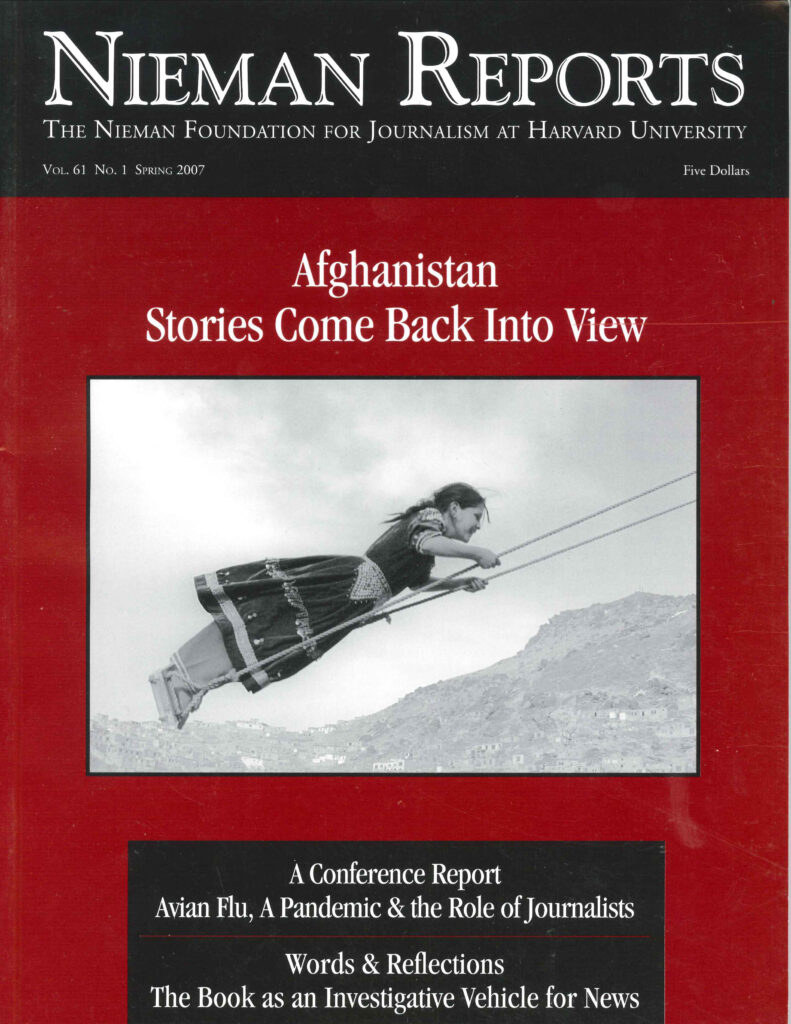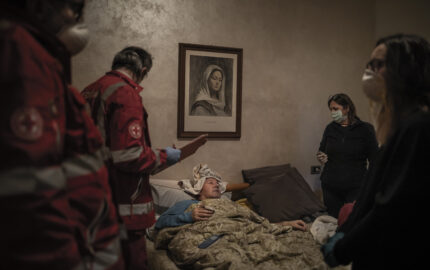
Amir Khan Muttaqi, the Taliban's information minister, summoned Stefan Smith on several occasions for "long explanations of what I meant by 'independent sources' or 'eyewitnesses.'" Muttaqi would pick through his copy line by line. If Smith made the slightest mention of foreign fighters, he was told to be "very, RELATED ARTICLE
"Examining Closely Why an Important Story Is Not Widely Told"
– Roy Gutmanvery careful." He managed to cultivate friends in the Taliban's foreign ministry, who provided private pointers on "what we could not write and where we could not go." (The foreign ministry was run by the Taliban from Logar Province, and they were far more open than those from Kandahar.) People at the foreign ministry "bailed me out of serious problems on more than one occasion, mostly when I had gone to a frontline or Kabul hilltop where I was not allowed." In early 1998, the foreign ministry friends told Smith to keep a low profile with regard to other key ministries — justice, defense, vice and virtue, and interior. "The foreign ministry even asked us not to request interviews with these ministries, so as 'not to advertise your presence here.'" The Taliban were not explicit with threats, but when he encountered an Arab, there would be "some hassle — guns in my face, and so on." Some Taliban started to refer to him as an infidel. As Smith noted, "that is never a good sign."


